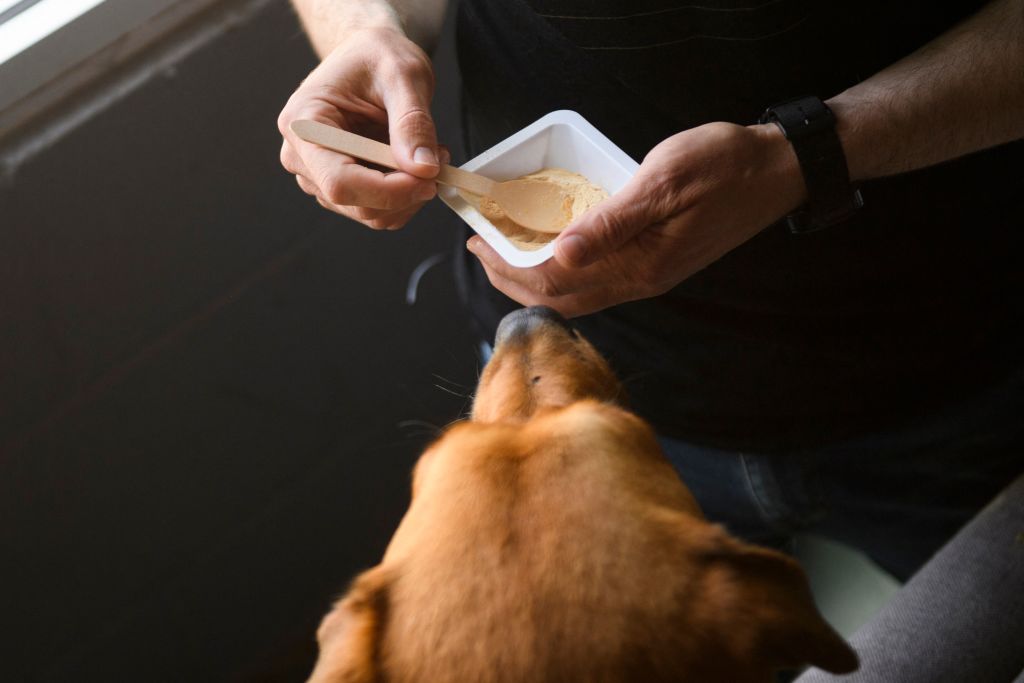This takes the phrase “I wouldn’t feed this to my dog” to a whole new level.
CNN promoted feeding insect-based pet food to dogs in a Tuesday article as a means of helping reduce your pets “carbon pawprints.”
“Insect-based pet foods can be nutritionally complete and are starting to come onto the market around the world,” Angela Frimberger of “Vets for Climate Action” argues in the piece.
CNN cites a 2014 study that claims bugs such as cockroaches and fly larvae are excellent protein sources for both dog and cat foods.
Pet food regulators in both the United States and the European Union have only approved the use of certain insects in pet food within the last decade, according to an industry trade organization.
This leaves pet owners with limited data and information on the health quality of bug-based pet food, aside from the politically motivated assurances of bugfeed advocates that eating insects is the future of food.
What’s worse is that insects in dog food may be a precursor towards their broader introduction in food for human use.
Global elites and environmentalist ideologues intend to serve up bugs as food to more than the family pet.
Shoehorning the general public into consuming insects has been a often-stated goal of environmental extremists, even if they have the subtlety to frame such a decline in diet quality as a “choice.”
Globalist organizations like the World Economic Forum have promoted insect diets for humans for years, arguing consistently for traditional meat to be replaced with grasshoppers, mealworms, and other crawling, repellent creatures.
The extremists object to the carbon signature of cows and pigs, arguing that global emissions could be reduced if the ancient and time-tested food sources were replaced with farmed insects.
Isn’t it somewhat telling that insect diet advocates view the so-called “food source” as appropriate both for dogs and for humans?
Granted, dogs do eat animal products sourced from cows and pigs, like humans do.
But it goes without saying that pet food is processed with significantly different standards than meat you’d purchase at the supermarket.
The extent to which “human” bug food (an oxymoron, really) and bug-based dog slop would be different isn’t even entirely clear.
There’s not exactly extensive food preparation procedures for bugs that have been used for commercial human consumption before.
Bug diet advocates tend to disregard the health risks of what would be the biggest change to human diets since prehistory.
The human tendency of disgust towards such eating habits is willful ignorance, they would have the public believe — rather than mankind’s God-given ability to distinguish between food and dangerous pestilence.
This article appeared originally on The Western Journal.
























 Continue with Google
Continue with Google